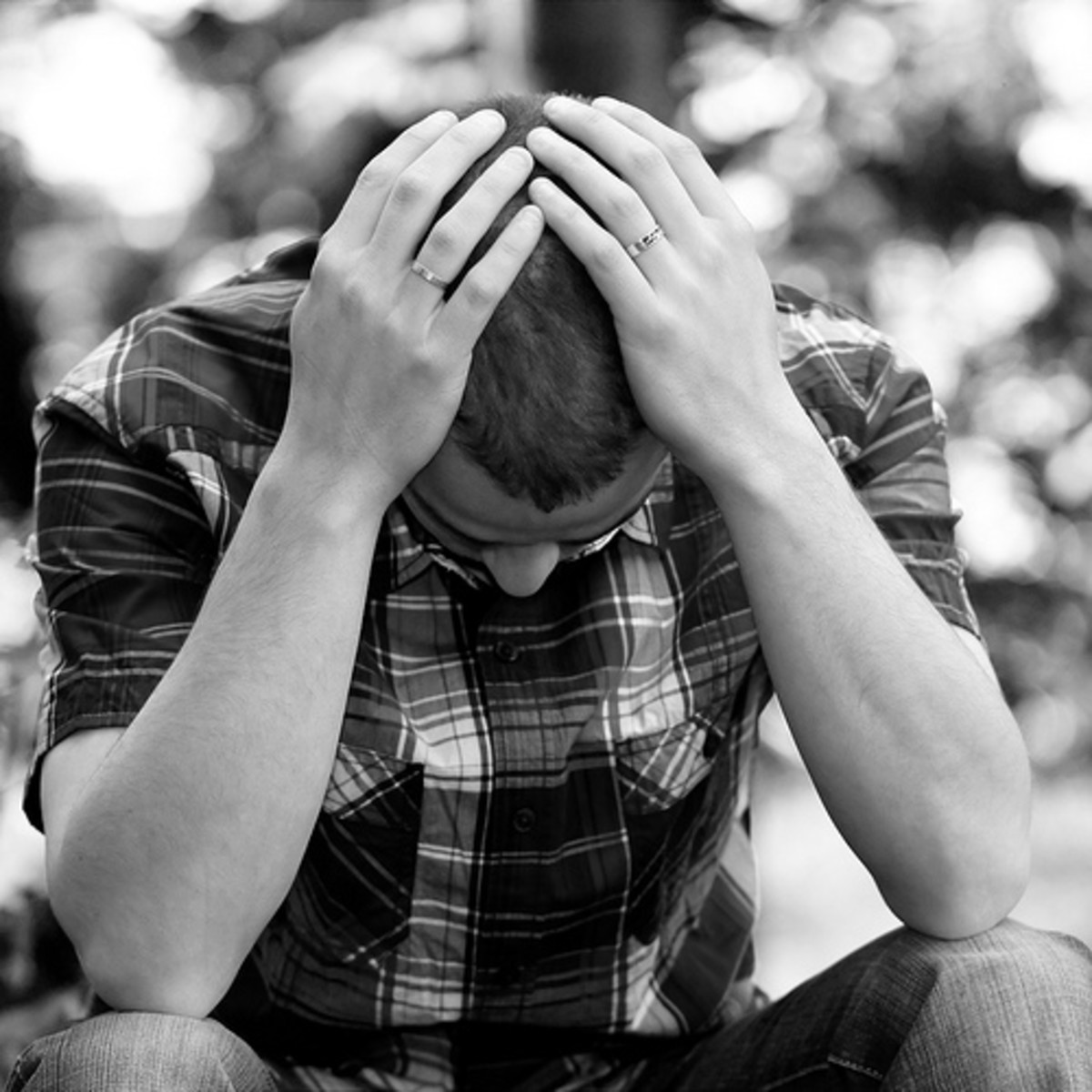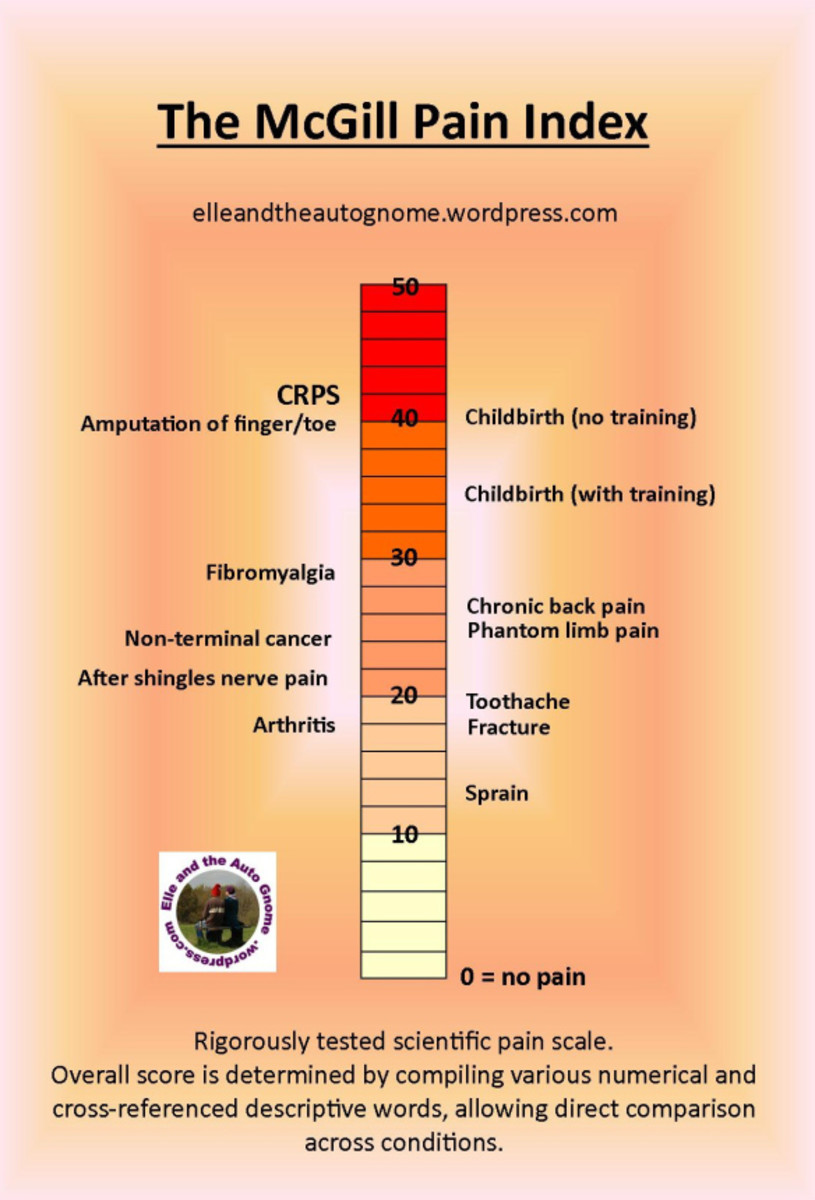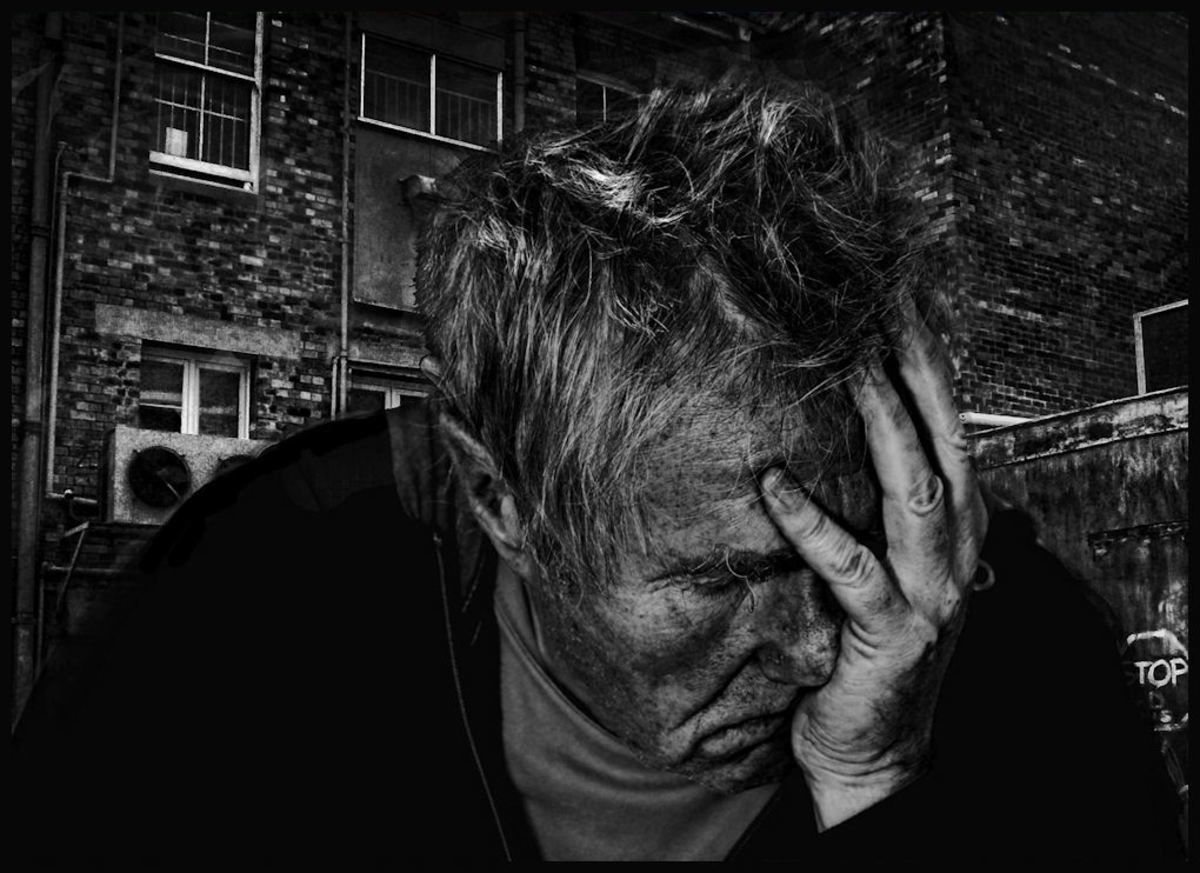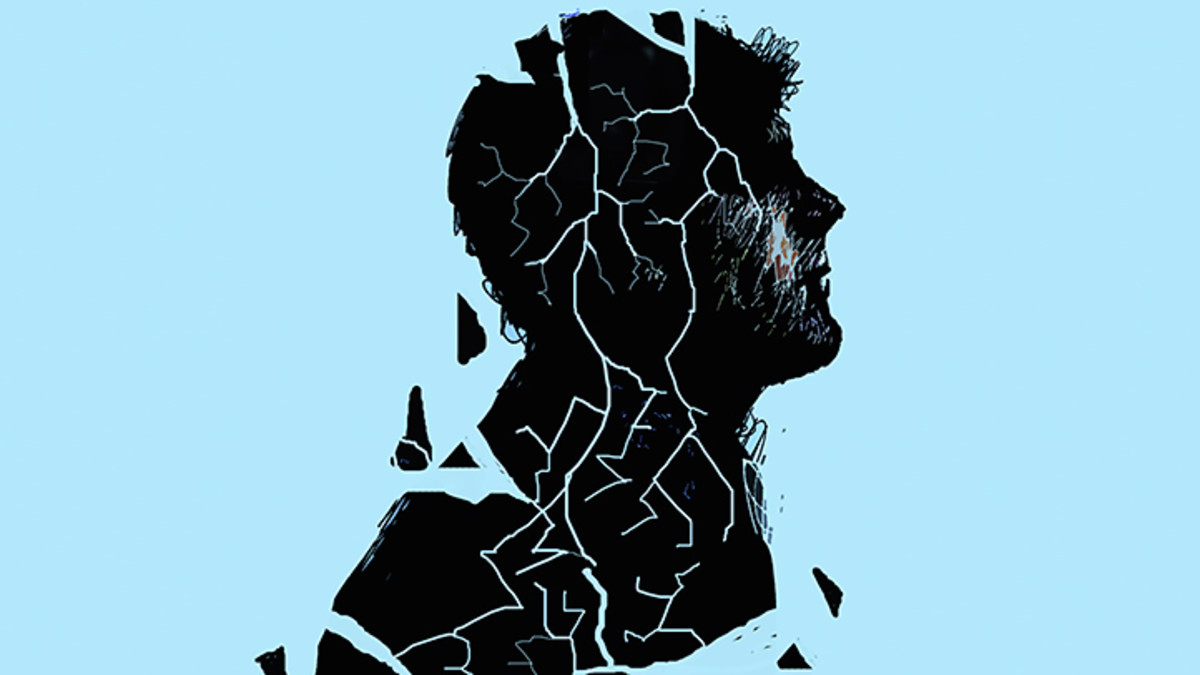Preventing Self Harm in Major Depression
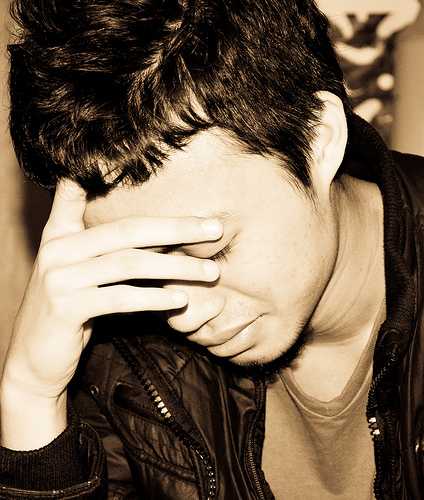
Self harm, also called self injury or self mutilation, is the intentional harming of oneself in an effort to block out emotions, thoughts or ideas that may be otherwise overwhelming. Those who harm themselves can be any age, sex or ethnic background. Self harm is associated with several mental illnesses including Major Depression.
What is self harm?
Self harm is a coping mechanism for many people. When mental or emotional pain is great on the inside, pain can be inflicted on the outside. This causing of external pain can provide a sense of control, serve as a distraction from the internal pain, or provide a relief from tension.
Reasons for Inflicting Self Harm
There are many roads that can lead to self harm. The root of self injury is a sense of overwhelming distress that cannot be managed with ordinary coping mechanisms. Some of the reasons for inflicting self harm are:
- to be in control of pain vs having pain inflicted by others;
- to gain a sense of relief from sadness, fear, anxiety;
- to gain attention and caring of others through manipulation; and
- to ask for help indirectly.

Different Types of Self Harm
There are many different types of self harm. Some of the most common are:
- cutting;
- scratching the skin;
- burning or branding;
- head banging;
- picking at skin or reopening wounds; and,
- hitting self.
This is not an all inclusive list of the modes of self harm. The common factor among these varied types is that each causes physical pain.
Warning Signs of Self Injury
Those who self injure most often try to conceal the activity. This is due to strong feelings of guilt and shame afterward. Some causes to suspect a person is self harming are:
- frequent cuts, burns or bruises that cannot be explained;
- wearing concealing clothing in all seasons (long sleeves/pants in summer);
- having lighters, razors or other potentially harmful items easily accessible;
- blood stains on clothing, towels or tissues;
- unexplained frequent accidents;
- spending lots of time alone in either bedroom or bathroom;
- poor performance at work or school;
- mood swings and irritability;
- suffering relationships; and,
- poor self esteem.
Is Suicide the Same as Self Harm?
Although suicide is a lethal method of self harm, most self harm is not considered suicidal behavior. While self harm is considered a coping mechanism, a means of retaining control of pain, or a means of manipulating others, suicide is different. Suicide is the intentional ending of life. Those who are suicidal do not attempt to cause minor painful injuries to self; they attempt to cause a fatal accident or injury.
It is important to note that there is a relationship between self harm and suicide. Self harm can lead to suicide. And the risk of suicide among those who harm themselves is greatly increased.
How to Prevent Self Harm in Those with Major Depression
While there is not one specific way to prevent self harm in those with Major Depression, the best advice is to be aware of the warning signs and be prepared to act. Some ways to prevent self harm include:
- talking openly about the injuries to offer support and understanding;
- avoid being judgemental - remember that guilt and shame follow self harm;
- cognitive behavioral therapy - identifies triggers leading to self harm and develops alternate healthy responses;
- medications - antidepressants, mood stabilizers and anti-anxiety medications may be helpful;
- take all talk of suicide seriously and be prepared to call 911.
Learn More About Major Depression
- How to Cope with Lack of Motivation in Major Depress...
Lack of motivation is a common symptom of Major Depression. It is often mistaken for laziness or apathy and creates a strong sense of guilt in the one affected. Strategies are useful in coping. - How to Create and Use Self Care Plans in Major Depre...
A self care plan is a set of responsive behaviors designed to be used when a bout of depression occurs. Self care is essential for healthy living and minimizes the need for additional treatments. - Helping Someone with Major Depression
Living with Major Depression is difficult for everyone involved. The person suffering from the illness can be withdrawn, anxious, or tearful. They may withdraw from relationships and life in general. For the spouse, family and friends of this person,

